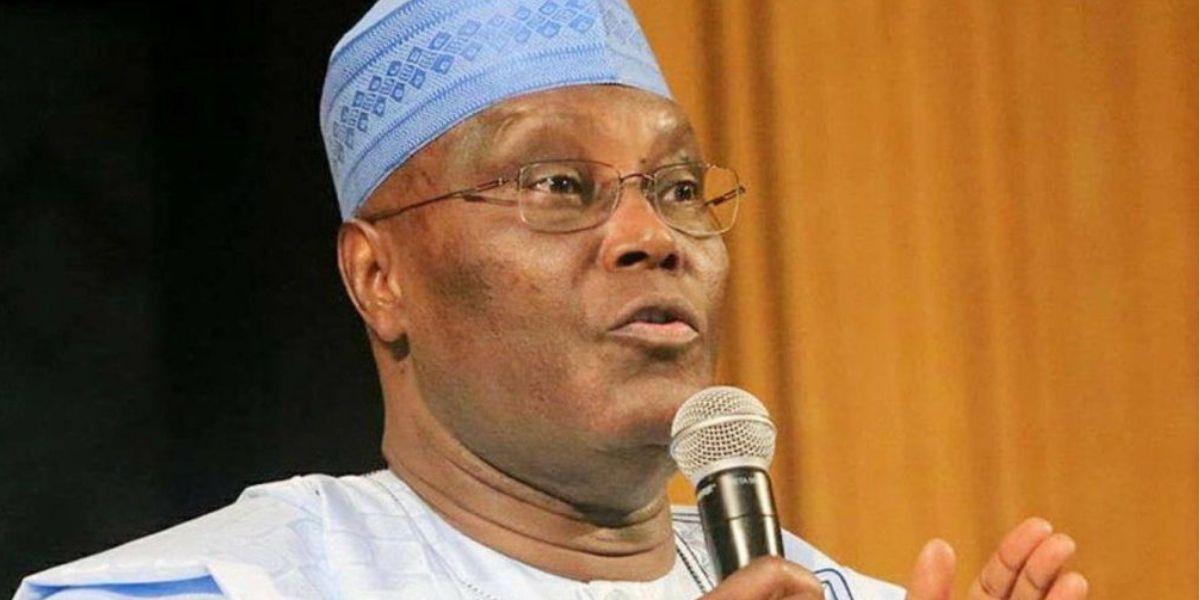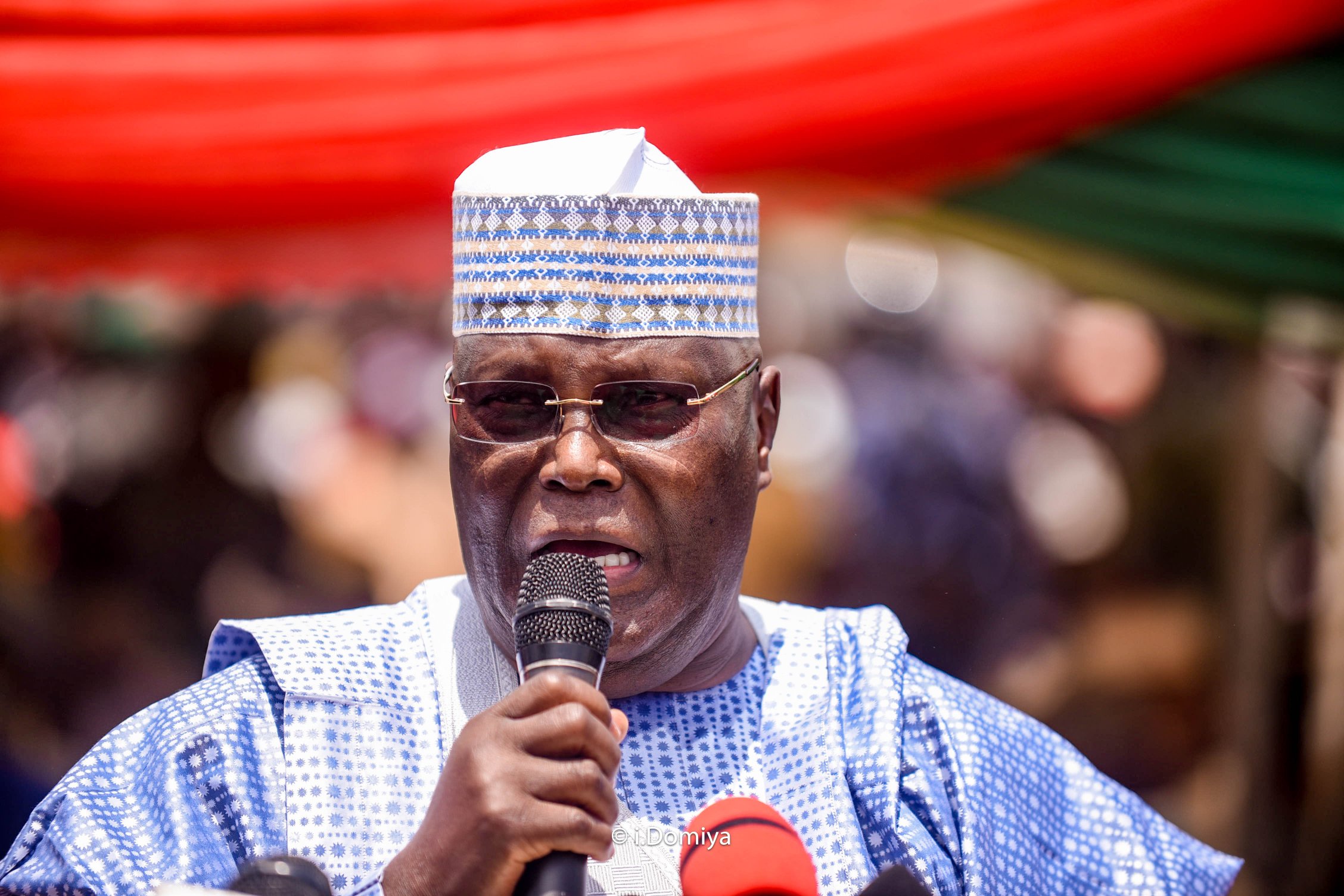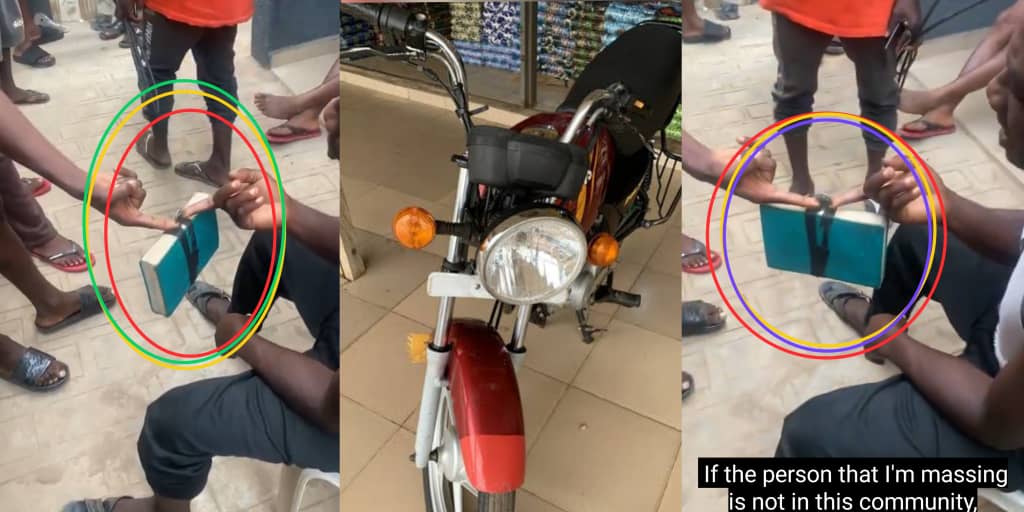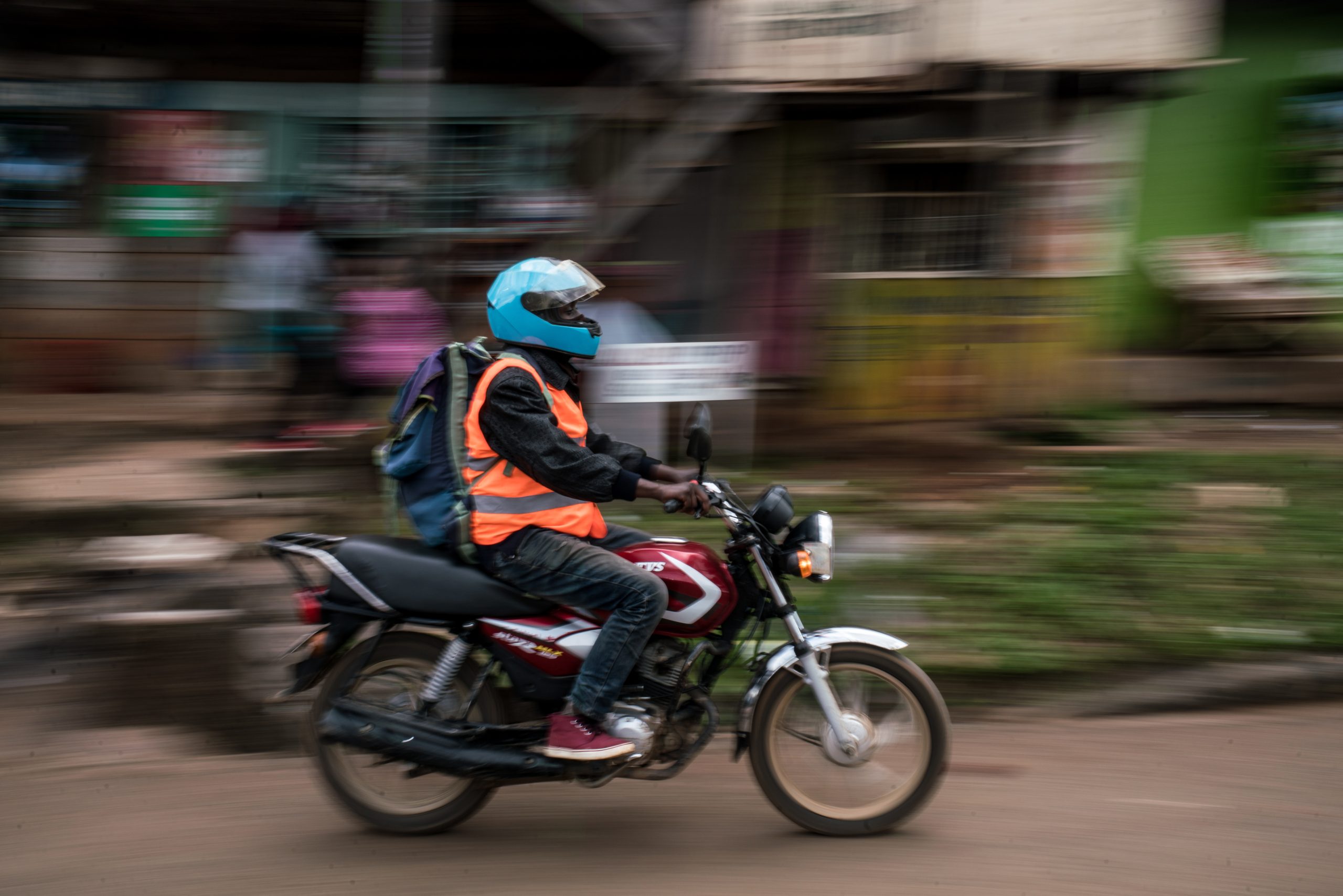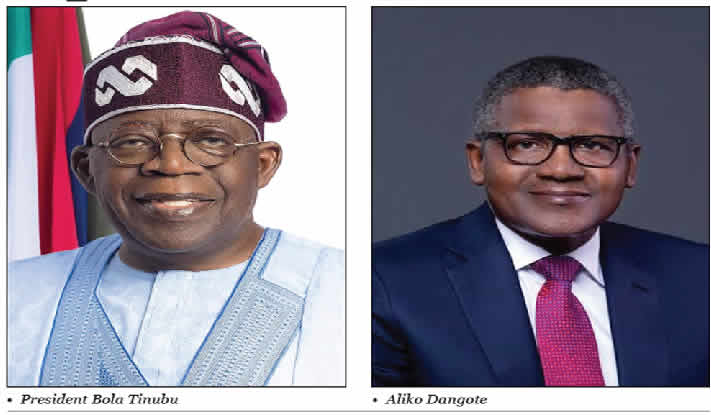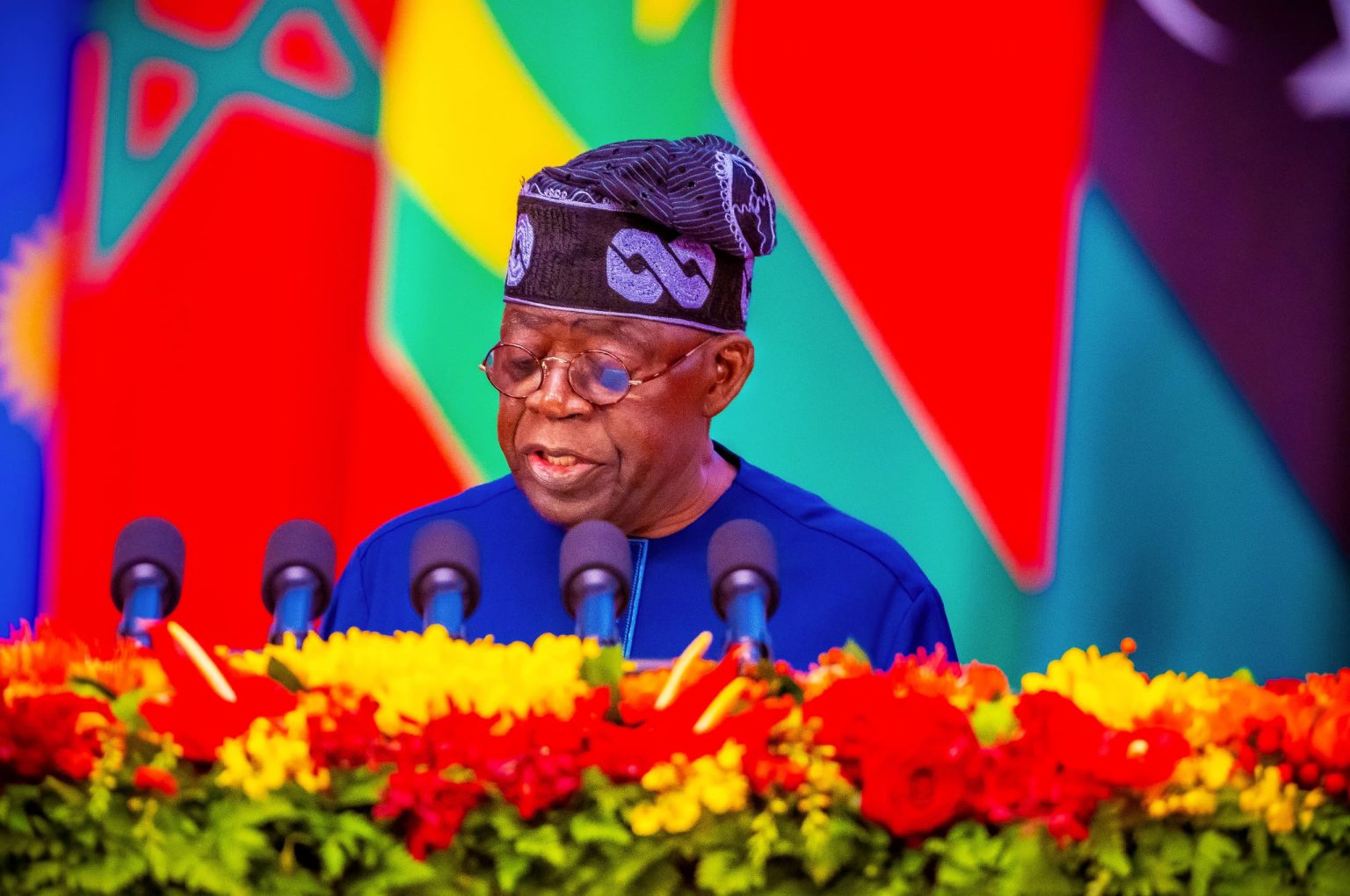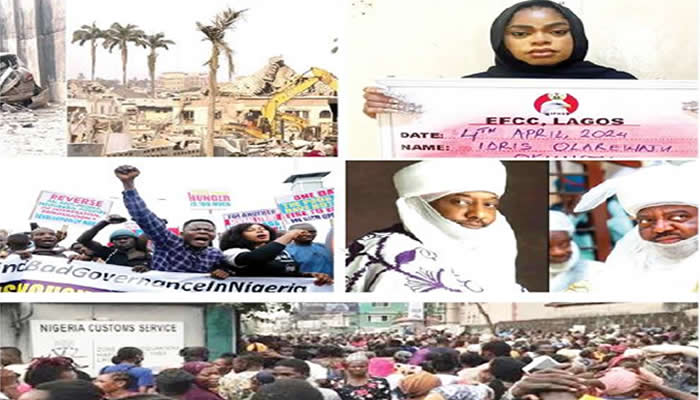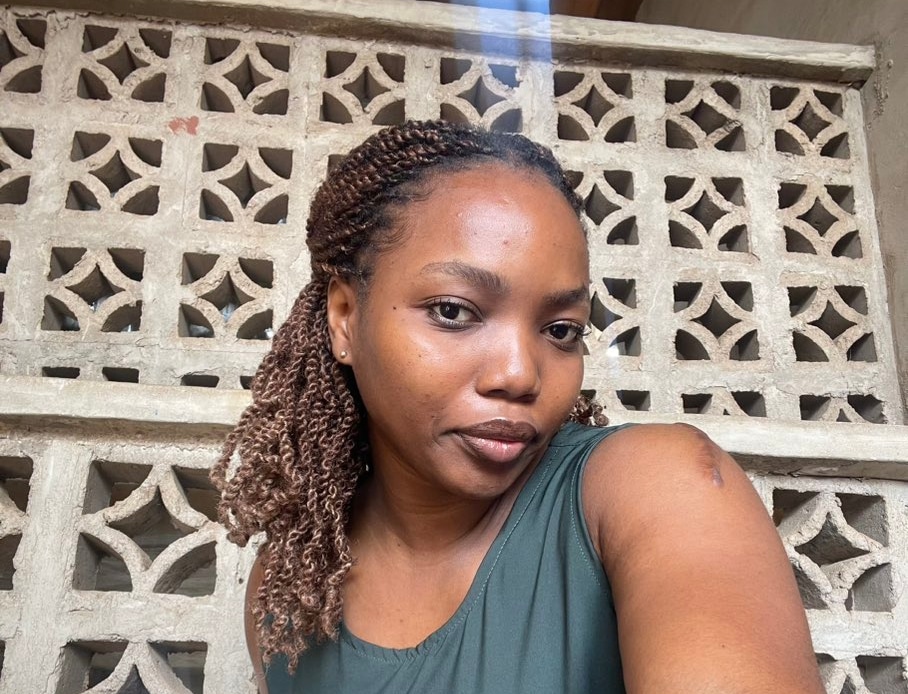As the year winds down, IMOLEAYO OYEDEYI captures some of the most dominant events that shaped political discourse and challenged the effectiveness of government policies for the masses
Ibadan Explosion
A series of explosions in Ibadan, the capital of Oyo State, shattered the early excitement of 2024, raising concerns about the escalating menace of illegal mining across the country. The blasts, which dominated public discourse for weeks, claimed two lives, injured several others, and caused widespread destruction of property. The explosions tore off rooftops and shattered windows, leaving many homeless for days and prompting costly government rescue operations.
Binance Executive Detention
In February, one of the most contentious issues in the country was the arrest and detention of Binance executive, Tigran Gambaryan, on charges of money laundering and operating without a licence.
However, his detention was short-lived, as he was eventually released due to deteriorating health and diplomatic interventions.
Kano Emirate Tussle
The first half of the year witnessed significant political drama in Kano, triggered by the state assembly’s repeal of the law that had divided the city into five emirates. Governor Abba Yusuf swiftly signed a new law, resulting in the removal of five prominent emirs: Aminu Ado Bayero of Kano, Nasir Ado Bayero of Bichi, Kabiru Muhammad Inuwa of Rano, Ibrahim Abubakar II of Karaye, and Aliyu Ibrahim Abdulkadir of Gaya.
In a dramatic turn of events, former Central Bank Governor, Muhammadu Sanusi, who had been dethroned by the previous administration, was reinstated. However, Ado Bayero rejected the decision and moved to the Nasarawa palace. The two emirs, locked in a parallel leadership battle, continue to fuel tensions in Kano, making the emirate tussle one of the year’s most prominent issues.
Cabinet reshuffle
Amid months of intense speculation, President Bola Tinubu enacted a significant reshuffle of his 45-member cabinet on October 23, appointing seven new ministers, dismissing five, and reassigning 10 others to new roles. Notably, the ministers of finance, defence, and national planning, and two junior energy ministers retained their positions. The reshuffle also saw the Ministry of Niger Delta Development renamed the Ministry of Regional Development, the Ministry of Sports dissolved, and the Ministries of Tourism and Arts and Culture merged.
The reshuffle sparked mixed reactions across Nigeria, with many questioning why some underperforming ministers were retained while others were dismissed. The public discourse surrounding these changes made it one of the year’s most debated political topics.
Tax Reform Controversy
Since Tinubu introduced his tax reform bills to the National Assembly in October, the proposals have become a major point of contention. The bills—comprising the Joint Revenue Board of Nigeria (Establishment) Bill, the Nigerian Revenue Service (Establishment) Bill, the Nigeria Tax Administration Bill, and the Nigeria Tax Bill—have sparked nationwide debate.
Supporters argue that the reforms will ease the tax burden on 90 per cent of Nigerian workers, streamline tax procedures, support small businesses, and enhance tax collection efficiency. However, opposition from Northern lawmakers and leaders, including Senator Ali Ndume and Borno State Governor Babagana Zulum, has been vocal. Critics contend that the bills could disrupt business operations and negatively impact state government revenue, particularly in the Northern region.
National Grid Collapses
A persistent issue throughout 2024 was the frequent collapse of the national grid, occurring no fewer than 12 times. These grid failures caused widespread blackouts across some of Nigeria’s largest cities, including Abuja, Lagos, and Kano, severely disrupting daily life and economic activities.
The outages paralysed businesses in affected regions, resulting in staggering financial losses. Northern electricity distribution companies alone reported losses exceeding N74 billion, underscoring the urgent need for reforms in the country’s power sector.
Prison Break in Suleja
On the night of Wednesday, April 24, 2024, a heavy downpour flooded the Medium Security Custodial Centre in Suleja, Niger State, sparking a dramatic prison break. The flood destroyed critical sections of the facility, including its perimeter fence, enabling the escape of 118 inmates.
Although authorities later reported recapturing some fugitives, the incident raised serious concerns about prison security and disaster preparedness in Nigeria. The escape dominated the news for weeks, with many calling for urgent reforms in the country’s correctional system.
Flooding in Northern Nigeria/Alau Dam Collapse
A major humanitarian disaster in 2024 was the collapse of the Alau Dam in Borno State. On September 10, the dam’s embankment gave way, releasing an overwhelming 112 billion litres of water into low-lying areas in the Maiduguri metropolis and Jere Local Government Area.
The resulting flood submerged entire towns and villages, displacing over one million people and affecting 414,000 residents. The catastrophe left hundreds homeless, prompting widespread sympathy and a swift response. Business tycoons and state governors donated over N13 billion to aid flood victims, highlighting the disaster’s devastating impact.
Ondo and Edo Governorship Elections
The off-cycle governorship elections in Ondo and Edo States were among the year’s most significant political events. In both contests, the Independent National Electoral Commission declared candidates from the All Progressives Congress—Lucky Aiyedatiwa in Ondo and Monday Okpebholo in Edo—as winners.
In Ondo, Aiyedatiwa secured 366,781 votes, defeating the Peoples Democratic Party candidate, Agboola Ajayi, who polled 117,845 votes. Similarly, in Edo, Okpebholo garnered 291,667 votes to beat PDP’s Asue Ighodalo, who received 247,274 votes.
However, the opposition rejected the results, citing allegations of widespread electoral fraud. Both cases are now before election petition tribunals, with hearings expected to gain momentum in the early part of 2025.
#EndBadGovernance protest
One of the most defining events of the outgoing year was the eruption of the #EndBadGovernance protests, also known as #EndBadGovernanceInNigeria. Between August 1 and 10, thousands of young Nigerians, frustrated by the soaring cost of living, took to the streets in mass demonstrations across all six geopolitical zones of the country.
The protests quickly became a focal point in national discourse as they were met with brutal repression. Scores of protesters were killed, and over 1,000 were arrested across major protest grounds in cities such as Abuja, Lagos, Niger, Kano, Kaduna, and Katsina. These demonstrations marked one of the most significant political movements of the year.
Detention of minors over protest
A controversial event that dominated political discourse this year was the arraignment of at least 76 detained #EndBadGovernance protesters at the Federal High Court in Abuja. They faced ten counts of charges related to alleged treason and conspiracy to destabilise Nigeria, contrary to sections 96 and 97 of the Penal Code Act.
Among those detained were 32 minors, aged between 14 and 17. Their court arraignment sparked nationwide outrage, especially when national television broadcasts showed clips of the minors, appearing malnourished and sickly, writhing in pain on the floor of the courtroom. Four of the minors collapsed before proceedings began, further igniting public anger. Amid growing controversy, the court eventually granted the minors bail at N10m each, with stringent conditions.
The Arewa Consultative Forum condemned the Federal Government for its treatment of the minors, calling the trial a blatant attempt to intimidate citizens and stifle their constitutional rights to protest and voice grievances.
Rise in killings, kidnappings, and terror attacks
Year 2024 saw a chilling rise in cases of kidnappings, banditry, killings, and terror attacks across Nigeria, making it one of the deadliest years in recent memory. From mass kidnappings to village assaults, the year was marked by shocking brutality.
High-profile kidnappings included the abduction of at least 61 people from Kajuru village in Kaduna State by bandits disguised in military uniforms on March 12, and the kidnapping of 80 people, mostly women and children, by bandits in Zamfara State on April 19.
In a particularly brutal attack on May 24, suspected Boko Haram militants abducted 160 people in Kuchi village, Niger State, while at least 100 more were kidnapped in Maidabino village, Katsina State, on June 22.
The year also witnessed some of the most horrific fatal attacks.
Bandits killed 40 people during an assault on Zurak village, Plateau State, on May 24. On the same day, Boko Haram terrorists killed 10 people in Kuchi village. A few weeks later, on June 10, unknown gunmen killed at least 50 residents of Yargoje village in Katsina State.
The killing spree reached a devastating peak on March 14, when 17 Nigerian Army officers were massacred during a peace-keeping mission in Okuama, Delta State. Among the fallen were the Commanding Officer of the 181 Amphibious Battalion, Lt Col Ah Ali, and several other military personnel.
Students were also not spared, as the year saw numerous abductions. Nine students from the Confluence University of Science and Technology in Osara, Kogi State, were abducted on May 10, and 20 medical and dental students were taken from Otukpo, Benue State, on August 15.
Northern Nigeria, especially Borno and Zamfara States, endured a wave of bombings that left over 18 people dead and more than 30 injured in different explosions.
In response, the military launched major counter-terrorism operations. On May 21, Nigerian troops rescued 350 Boko Haram hostages, primarily women and children, from the Sambisa Forest in Borno State. Additionally, 974 terrorists were killed, 466 hostages were freed, and 1,157 terrorists from Boko Haram and ISWAP surrendered in February.
Spiking inflation, naira devaluation, and CBN interest rate hikes
A persistent trend throughout the outgoing year was the alarming spike in both nominal and food inflation, which stood at 34.60 per cent and 39.93 per cent respectively in November.
The surge in inflation was largely driven by the soaring cost of food, which placed an immense strain on Nigerian households across the country.
Similarly, the Naira endured frequent devaluations, becoming the third most devalued currency in Sub-Saharan Africa in 2024. According to the Dataviz Economic Explorer, from November 2023 to November 2024, the naira depreciated by a staggering 51.79 per cent against the US dollar, based on the official exchange rate.
This devaluation significantly increased Nigeria’s external debt, which rose by approximately N30.03 trillion from 2023 to June 2024 when evaluated in Naira terms.
In response to this economic turmoil and to combat the mounting inflation, the Central Bank of Nigeria raised the interest rate six times throughout the year, eventually placing it at 27.25 per cent. This represented a cumulative increase of 875 basis points by November.
National Anthem Change
On May 29, Tinubu signed into law a controversial change to Nigeria’s national anthem, returning to the old version titled “Nigeria, We Hail Thee,” which had been in use since the country’s independence in 1960. This replaced the version “Arise, O Compatriots,” which had been adopted in 1978.
The decision to revert to the old anthem sparked mixed reactions across the country, particularly due to the swift pace at which the legislation was debated and passed by the National Assembly. The lawmakers’ performance further fueled public debate when they sang the chorus “On your mandate we shall stand” in unison before the president in the Red Chamber, intensifying perceptions of their rubber-stamp nature.
Bobrisky and Simon Ekpa’s detention
One of the year’s most talked-about stories centred on the imprisonment of controversial social media personality and cross-dresser, Idris Okuneye, popularly known as Bobrisky, as well as pro-Biafran activist, Simon Ekpa.
Bobrisky’s trouble began on April 3, 2024, when he was arrested and detained by the Lagos Command of the Economic and Financial Crimes Commission. He faced accusations of mutilating naira notes worth N490,000 and engaging in money laundering.
This arrest followed the viral circulation of a video showing Bobrisky spraying naira notes at the premiere of the movie Ajakaju at Film One Circle Mall in Lekki, Lagos, on March 24, 2024.
After being arraigned on six counts at the Federal High Court in Lagos, Bobrisky was sentenced to six months in prison without the option of a fine for abuse of the naira.
However, his imprisonment became even more controversial when, upon his release on August 5, he appeared at a celebratory party just hours after walking out of jail. Many Nigerians were shocked to see him looking more radiant than ever, sparking suspicions about whether he had truly served his time in a custodial facility.
This episode spiralled into heated exchanges involving Bobrisky, social media activist Martins Otse (also known as VeryDarkMan), the EFCC, and renowned lawyer Femi Falana over allegations of unpaid debts. This saga remained one of the year’s most divisive topics.
In another high-profile case, Simon Ekpa was arrested on November 21 in Finland, alongside four others, on charges related to terrorism, including inciting violence and financing terrorism.
According to Finnish media outlet Yle, Ekpa was remanded in custody by the Päijät-Häme District Court, facing charges of incitement to commit crimes with terrorist intent. He was accused of orchestrating violent actions in Nigeria’s South-East region through social media from Finland.
The Federal Government sought Ekpa’s extradition to Nigeria, but the Finnish District Court has set May 2025 for the hearing of his case.
Dele Farotimi and Afe Babalola saga
The dramatic feud between elder statesman Chief Afe Babalola and civil rights activist Mr Dele Farotimi dominated national discourse in the outgoing year. Babalola took Farotimi to court in both the Federal High Court in Ekiti State and the Ekiti State Magistrate Court, accusing him of defamation and cyberbullying. The revered legal icon claimed that Farotimi had besmirched his character in his book Nigeria’s Criminal Justice System.
The case sparked widespread public outrage, with many questioning why Farotimi was being prosecuted in Ekiti, rather than Lagos, where he resides. The Ekiti Magistrate Court eventually granted Farotimi bail in the sum of N30m, with two sureties, but the controversy surrounding the trial continued to fuel heated debates across the nation.
Fatal stampedes
In just four days, a series of tragic stampedes across Nigeria claimed the lives of at least 70 people in Ibadan (Oyo State), Okija (Anambra), and Abuja. These fatal incidents sparked political outrage, with opposition parties accusing the current administration of failing its citizens. They described the stampedes as glaring signs of leadership failures and widespread poverty, drawing further attention to the nation’s deepening socio-economic crisis.
Labour Unions Strike
In June, the leadership of the Nigerian Labour Congress and the Trade Union Congress (TUC) declared a nationwide strike due to the government’s failure to raise the federal minimum wage following an increase in electricity tariffs. The unions demanded an increase in the national minimum wage from 30,000 naira to 494,000 naira, but the presidency dismissed these demands as “unreasonable.”
The strike dominated national discourse for weeks, plunging the country into darkness as union workers shut down the national grid and the nation’s power supply, according to the Transmission Company of Nigeria. However, after a prolonged battle, both the labour leadership and the Federal Government reached an agreement on a N70,000 national minimum wage.
Opposition Verbal War with APC Over 2027 Presidency
Another major issue in the outgoing year was the series of verbal clashes between the All Progressives Congress and opposition parties, particularly the Peoples Democratic Party, regarding the 2027 presidency.
The verbal war began when the Secretary to the Government of the Federation, Dr. George Akume, declared that there would be no vacancy in the presidential villa in 2027, claiming that the current administration had exceeded expectations.
In response, the PDP and prominent Northern politicians, such as former Vice President Atiku Abubakar, condemned Akume’s assertion, arguing that the poor performance of President Tinubu’s administration would lead to its ousting in the next presidential election.
Miss Universe Nigeria
In August, Chidimma Adetshina, who represented Taraba State, was crowned Miss Universe Nigeria 2024. Her journey to the title was considered remarkable by many Nigerians, reflecting resilience and grace, reminiscent of the Miss Universe South Africa incident, where she was disqualified. While she will be representing Nigeria on the global stage in Mexico, her victory was undoubtedly one of the most talked-about events of the outgoing year.
